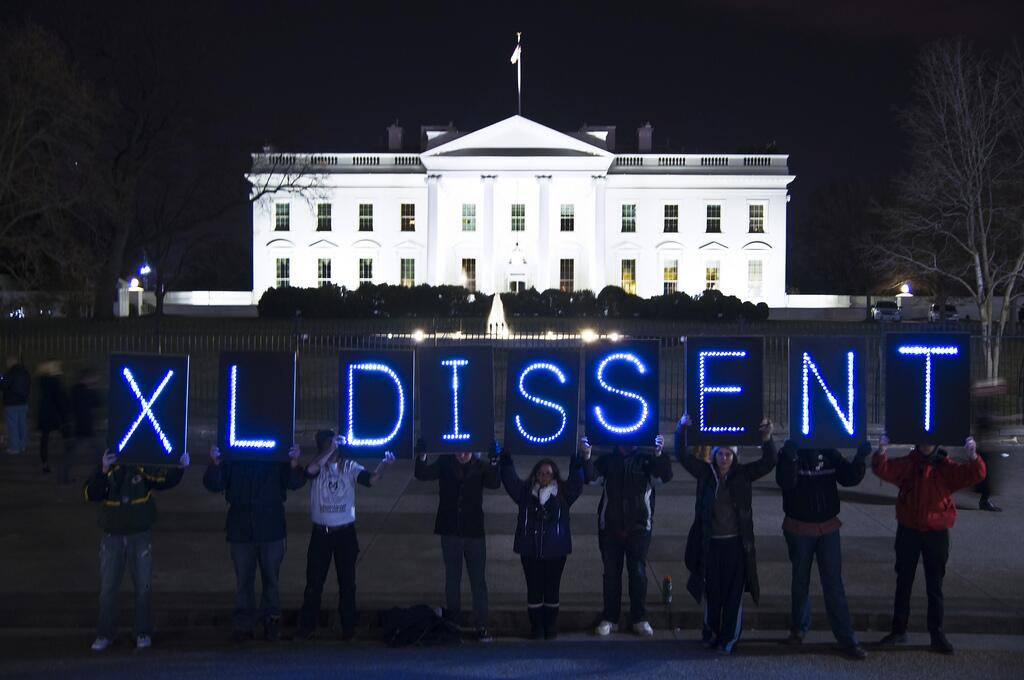http://www.presstelegram.com/business/20140310/long-beach-to-be-site-of-anti-fracking-rally-on-wednesday
By Andrew Edwards, Press-Telegram
POSTED: 03/10/14, 8:23 PM PDT |
LONG BEACH >> Environmentalists will demand the California Coastal Commission order a stop to the fracking of offshore oil wells on Wednesday during a demonstration at City Hall in which protesters plan to cover themselves in hazmat suits and tote boogie boards.
The Center for Biological Diversity, an environmental group with offices in California and several other states, announced on Monday its plans for the protest at the Coastal Commission’s next meeting site in Long Beach.
Fracking, slang for hydraulic fracturing, refers to the controversial process of injecting a highly pressurized mixture of water, sand and other chemicals into oil wells to break up the Earth’s crust and facilitate the extraction of oil and natural gas. Although oil industry advocates such as the Western States Petroleum Association say fracking is safe, many environmentalists say it increases the risks of groundwater contamination and earthquakes.
Although the Coastal Commission’s two-day agenda does not appear to have much room for a discussion of California fracking rules outside of the possibility of the issue being brought up during a briefing on offshore oil and gas activities, Center for Biological Diversity spokesman Patrick Sullivan said speakers from the public will seek a response when the panel holds its public comment session. “The Coastal Commission has been talking about fracking at recent meetings,” he said. “We’re not sure whether the commission itself will address the topic this month.”
Fracking has taken place in the Long Beach area since 1994. Sullivan said records pulled from FraFocus, an online registry of fracking activities, show fracking took place four times in December in waters near Long Beach. California law requires the development of permanent regulations to govern fracking by the start of next year. At present, interim rules require the industry to evaluate well casings and cement linings for safety prior to fracking, among other regulations.
Coastal Commission officials want to ensure that whatever regulations are developed apply to offshore drilling, Coastal Commission legislative liaison Sarah Christie said. State Sens. Holly Mitchell, D-Los Angeles, and Mark Leno, D-San Francisco, last month introduced a bill that would temporarily halt fracking in the state, pending scientific study.
The rally is planned to begin at 10 a.m. Wednesday. The Coastal Commission is set to meet Wednesday and Thursday in Council Chambers.
Contact Andrew Edwards at 562-499-1305.
Special thanks to Richard Charter








